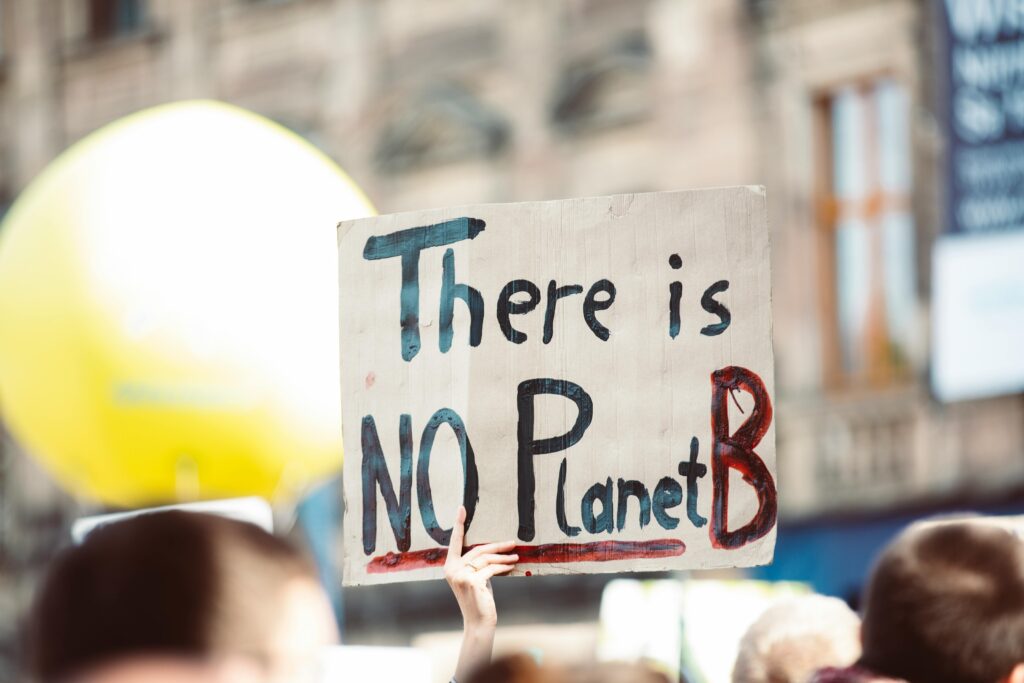In the 21st century, questions of gender, identity, and self-expression have moved from the margins to the center of global discourse. From pronoun policies in schools to gender recognition laws, societies around the world are grappling with how to respond to a rapidly evolving understanding of identity. For some, this marks a long-overdue step toward inclusion and human rights. For others, it represents a threat to cultural norms and traditions.
This global divide raises a complex question: Are we witnessing cultural progress, or is this a backlash in the making?
🌍 A Divided Global Landscape on Gender Identity
As of 2025, countries vary significantly in how they handle gender identity politics. Some nations are embracing progressive reforms, while others are enforcing restrictive policies—often reflecting deep-rooted cultural, religious, and political ideologies.
Countries Embracing Inclusive Change
- Argentina, Denmark, and New Zealand have implemented self-identification laws, allowing individuals to legally change their gender without medical interventions or lengthy bureaucratic processes.
- Canada and Germany have introduced non-binary options on official documents, recognizing identities beyond male and female.
- India has recognized a third gender since 2014 and provides legal protections for transgender citizens, although enforcement remains inconsistent.
These changes are often framed as human rights victories, promoting dignity, autonomy, and safety for trans and non-binary individuals.
Countries Pushing Back
On the other hand, some governments are tightening regulations or enacting outright bans:
- Hungary passed a law in 2020 prohibiting legal gender changes.
- In Russia, the government has moved to criminalize gender-affirming healthcare and has banned “LGBTQ propaganda.”
- Several U.S. states, including Florida and Texas, have introduced laws restricting gender discussions in schools and limiting access to gender-affirming care for minors.
These moves are often justified by leaders as efforts to “protect traditional values”, though critics argue they marginalize vulnerable populations and promote discrimination.
🏫 Pronouns, Classrooms, and Culture Wars
Few issues illustrate the clash between progress and backlash more than pronoun policies in schools.
In countries like Sweden, Australia, and parts of Canada, school systems are encouraging students and staff to respect chosen pronouns, with training and guidance to support inclusive language.
Meanwhile, in parts of the United States, the UK, and France, such policies have sparked fierce political debate. Opponents argue that these changes:
- Compromise freedom of speech
- Introduce gender ideology to children too early
- Conflict with religious or parental rights
Supporters counter that affirming pronouns reduces bullying, supports mental health, and creates safer learning environments.
This debate underscores a broader question: Should identity be protected by policy, or left to personal and cultural discretion?
🧠 Identity Politics: A Catalyst for Polarization?
Identity politics—once primarily associated with race, gender, or sexuality—now plays a central role in shaping political agendas and public discourse. Supporters argue it gives marginalized groups a voice in systems where they’ve historically been excluded. Detractors claim it fuels division, prioritizing identity over shared values.
In Europe, far-right populist parties have capitalized on anti-trans and anti-LGBTQ rhetoric to energize voters. In Latin America, political leaders walk a fine line between embracing progressive international norms and appeasing conservative religious bases.
Even within liberal democracies, gender identity has become a litmus test in elections, classroom policies, and media narratives. As with many cultural shifts, political polarization often determines how reforms are implemented—or resisted.
🌐 What This Debate Reveals About Culture and Governance
The divergent approaches to gender identity politics reveal deeper truths about global governance:
1. Policy Reflects Cultural Values
In countries with strong secular or human rights traditions, gender-inclusive policies are more likely to pass. In contrast, religious or nationalist ideologies often resist such changes, viewing them as foreign or Western impositions.
2. Democracy Doesn’t Always Mean Progress
Surprisingly, even in democratic nations, minority rights can be restricted when public sentiment or political power shifts. Democratic institutions don’t guarantee progressive outcomes—they reflect the will of the majority, for better or worse.
3. Education Is the Battleground
Whether in textbooks, teacher training, or student support services, education systems are becoming central arenas in the identity debate. The content of school curriculums is increasingly politicized, with governments and advocacy groups fighting to shape the next generation’s views.
🌈 Between Backlash and Progress: Finding a Middle Ground?
So, is this moment in history a cultural backlash or a sign of global progress?
In truth, it’s both. As gender identity becomes more visible and accepted in some societies, resistance becomes more pronounced in others. This tension is not necessarily a failure of progress—it’s a natural part of societal transformation.
Navigating identity politics requires:
- Open, evidence-based dialogue
- Policies rooted in dignity and inclusion
- Respect for cultural diversity, balanced with universal human rights
The future of gender politics will depend not just on laws or platforms, but on the willingness of societies to embrace complexity over certainty, and compassion over fear.



